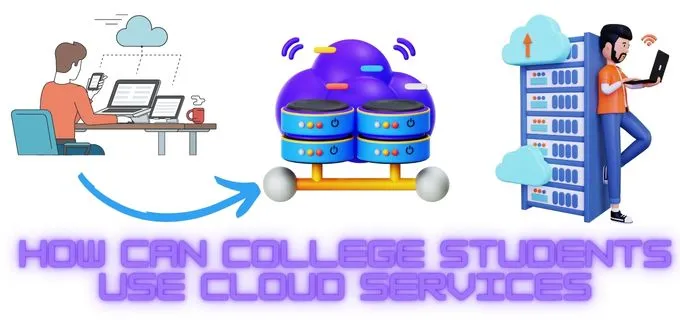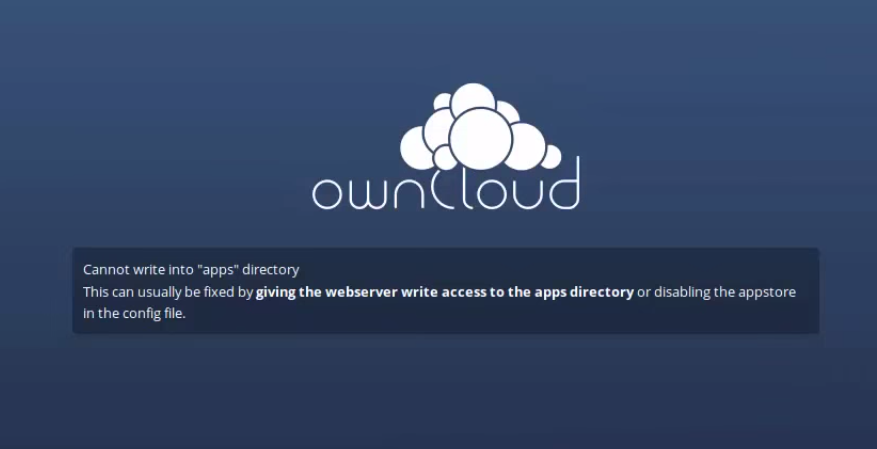
In today’s digital era, cloud services have revolutionized how we store, access, and collaborate on information. This technological innovation has significantly impacted education, providing college students with powerful tools to enhance their learning experience.
How can college students use cloud services for education?
This article will explore how college students can leverage cloud services to streamline their education journey and maximize their academic potential. We will also delve into the benefits of cloud services, popular platforms, practical applications, tips for optimization, and considerations to keep in mind.
Understanding Cloud Services
Cloud services refer to online platforms that enable users to store, manage, and access data and applications over the Internet. These services can be categorized into three main types: Infrastructure as a Service (IaaS), Platform as a Service (PaaS), and Software as a Service (SaaS). Each type offers different levels of functionality and customization.
Advantages of Cloud Services for College Students
Accessibility and Convenience
One of the primary advantages of cloud services for college students is the accessibility and convenience they offer. With cloud-based platforms, students can access their files, resources, and applications anytime, anywhere, using any device with an internet connection. This flexibility enables seamless collaboration with peers and easy access to course materials, even while on the go.
Cost Savings
Cloud services also provide cost-saving benefits for college students. By utilizing cloud storage, students can reduce their reliance on physical storage devices like external hard drives or USB flash drives. By adopting this approach, costly hardware investments become unnecessary, and the likelihood of data loss resulting from device failures is significantly minimized. Additionally, cloud-based software solutions often offer free or affordable subscription plans, alleviating the financial burden of purchasing expensive software licenses.
Data Security and Backup
Maintaining the security and integrity of academic work is crucial for college students. Cloud services employ robust security measures, such as encryption and multi-factor authentication, to protect user data from unauthorized access. Furthermore, these services often provide automatic data backup and recovery options, ensuring that important files are safeguarded against accidental deletion, device malfunction, or other unforeseen circumstances.

Popular Cloud Services for Education
Several cloud services are widely used in the education sector due to their extensive features and user-friendly interfaces. Let’s explore some of the most popular platforms:
Google Workspace (formerly G Suite)
“Google Workspace offers a suite of cloud-based productivity tools tailored for education.” The Google Drive provides ample file storage space, while Google Docs allows collaborative document creation and editing. Additionally, Google Classroom is a virtual learning management system facilitating communication between students and instructors.
Microsoft 365
Microsoft 365 provides an array of cloud services tailored for both personal and educational use. OneDrive offers cloud storage and file-sharing capabilities, and applications like Microsoft Word, PowerPoint, and Excel allow for seamless document creation, presentation development, and data analysis. Microsoft Teams is an integrated platform for online collaboration, communication, and virtual classrooms.
Dropbox
Dropbox is a popular cloud storage service known for its simplicity and ease of use. It allows students to store and sync files across devices, facilitating easy access to course materials and enabling seamless collaboration with peers.
Practical Applications of Cloud Services in Education
Organization and Note-Taking
Cloud services provide students with the ability to create digital notebooks, organize class materials, and sync their notes across multiple devices. This helps them stay organized, locate information quickly, and revise effectively.
Collaboration and Group Projects
Cloud-based platforms facilitate seamless real-time collaboration on documents and presentations, enhancing group project efficiency and productivity. Students can collaborate, share files, leave comments, and edit content simultaneously, regardless of their physical locations. You can even get dissertation help and collaborate with an assistant together on your paper.
Virtual Learning Management
Cloud services enhance virtual learning management by providing online classrooms and streamlined assignment submission processes. Students can easily access course materials, communicate with professors and peers, and submit assignments digitally.
Research and Data Storage
Cloud storage services offer a secure and reliable way to store research materials and academic data. Using cloud services, students can access their resources from anywhere, ensuring that vital information is always readily available.
Tips for Maximizing Cloud Services for Education
To make the most of cloud services for education, consider the following tips:
- Utilize features specific to each cloud service: Explore the unique features of the chosen cloud service and leverage them to enhance productivity and collaboration.
- Manage files and folders effectively: Organize files into folders, use proper naming conventions, and implement a logical file structure to streamline access and retrieval.
- Secure sensitive data and set access controls: Take advantage of security features provided by the cloud service to protect sensitive information and control access permissions.
- Regularly back up important files: Although cloud services provide automatic backup, it is still advisable to maintain an additional local backup to mitigate the risk of data loss or service disruptions. it would be a pity to address a college essay writing service like https://essayshark.com because you have lost your essay due to losing important materials.
Challenges and Considerations
While cloud services offer numerous benefits, it is essential to be aware of certain challenges and considerations:
- Internet connectivity issues: Reliable internet access is crucial for utilizing cloud services effectively. Students in areas with limited connectivity may face difficulties accessing and collaborating on cloud-based resources.
- Privacy concerns and data protection: Students should familiarize themselves with the privacy policies of cloud service providers to ensure their data is protected and that the service complies with relevant data protection regulations.
- Dependency on cloud service providers: Students should be aware that their reliance on cloud services means they are dependent on the availability and performance of the chosen service provider.
- Mitigating the risk of data loss or service disruptions: While cloud services offer backup options, students should proactively safeguard their data by regularly creating local backups.
Final Words
Cloud services have become indispensable to modern education, empowering college students with flexible access, collaborative capabilities, and data security. Platforms like Google Workspace, Microsoft 365, and Dropbox offer many features that facilitate organization, collaboration, and virtual learning management. By leveraging cloud services effectively, students can enhance their academic performance, streamline their workflow, and prepare for success in the digital age. As technology continues to evolve, college students need to embrace the possibilities that cloud services bring to the realm of education.












